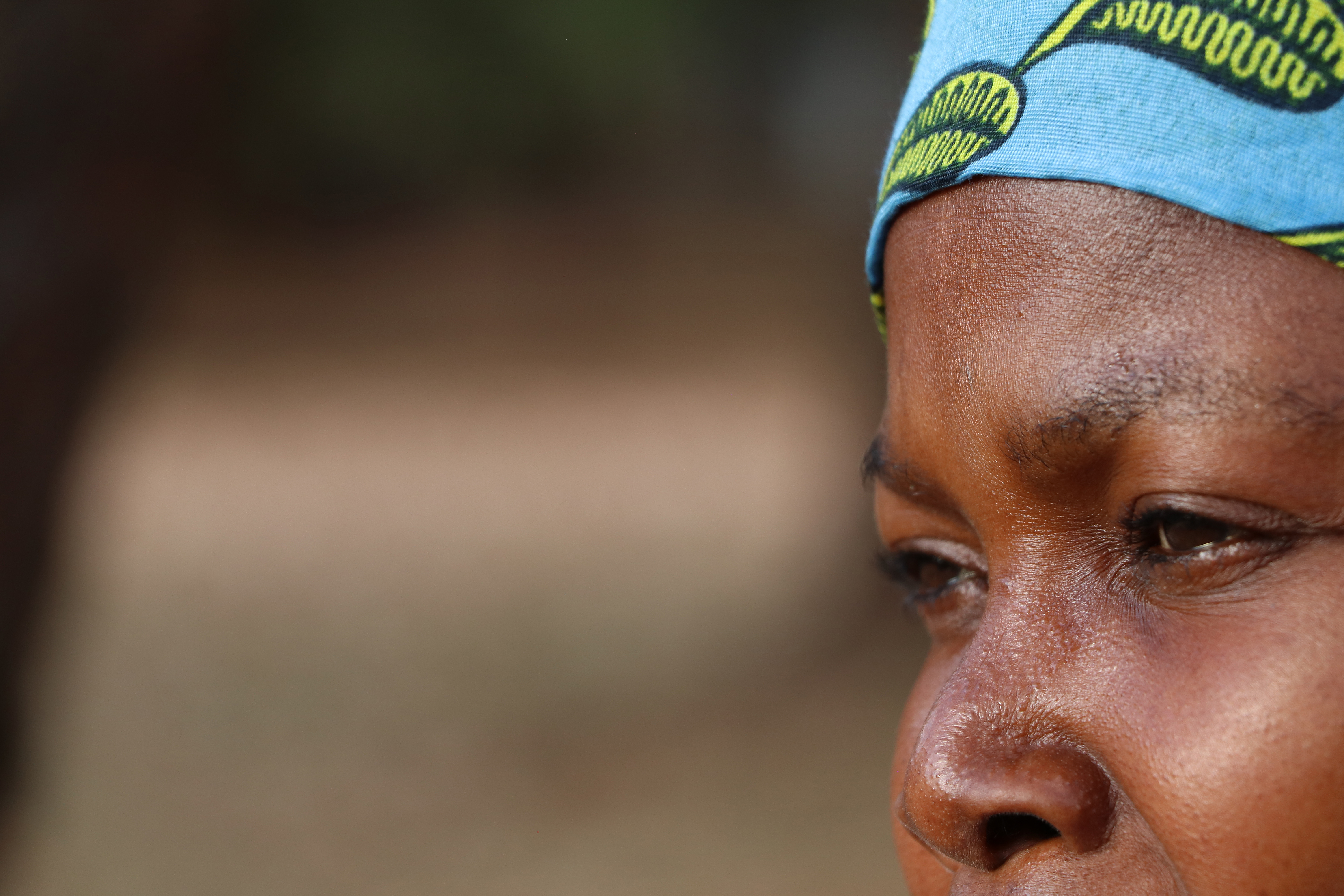Refugee children in the Middle East (Photo by Jan Pieter Meijer)
The displacement of Christians from their homes and communities is a deliberate strategy of religious persecution, designed to erase the presence of Christianity from regions where persecution is most intense. This comes as a finding from a new report from the Christian persecution charity, Open Doors.
Open Doors published its findings in The Church on the Run: IDP & Refugee Report 2022 ahead of World Refugee Day and coinciding with the latest figures showing there are now 100 million displaced persons in the world. The preliminary report looks at the extent and nature of religious persecution towards internally displaced persons (IDPs) and refugees.
Open Doors’ Global Gender Persecution Specialist, Helene Fisher, said: “In order to gain a complete picture of religious persecution, we need to look at both the church at home as well as the displaced church.
“Part of this deliberate strategy is to fracture religious communities. Displacement is not just a by-product of persecution, but actually, in many cases, it is an intentional part of a broader strategy to drive out Christianity from the community or country.”
 An internally displaced Christian in northern Mozambique
An internally displaced Christian in northern Mozambique
More key findings are:
- The most common agent driving displacement for Christians are family units, followed by government officials, community members and violent religious groups. Family units have the ability to withhold basic survival needs, such as food or shelter, to threaten or violate the physical safety, as a part of day-to-day pressure on converts to Christianity; in some cases, threat of death necessitates a swift departure.
- Christian IDPs and refugees do not always leave persecution behind when they flee their homes and communities, but continue to face hostility and challenges in displacement settings such as physical insecurity and psychological violence.
- Additional layers of vulnerability such as age, gender, belief background, ethnicity can shape the experiences of displaced Christians and influence the intensity of persecution.
- The long-term impact of displacement can dramatically change the face of a country for generations. For example, in Iraq, there were over a million Christians before Saddam Hussein came to power. Now, there are just 166,000. The number of Christians dwindled during his rule, however persecution in the region rose sharply after 2003 with pressures coming to a head in 2014 with the rise of ISIS.
Open Doors’ Senior Specific Religious Persecution Analyst, Eva Brown, added: “Severe persecution doesn’t always stop once the individual flees. Christians who are forced on the run can be subjected to persecution at any stage, even if they settle in a country of perceived safety.
“In some cases, governments and even well-intentioned international organizations can be unfortunately complicit in intensifying discrimination against displaced Christians. This is why awareness of this multi-layered vulnerabilities are vital, so that the needs of marginalized IDPs and refugees can be best addressed.”
Please GIVE
Open Doors works in more than 70 countries, supplying Bibles, training church leaders, providing practical support and emergency relief, and supporting Christians who suffer persecution and discrimination for their faith. Our national bases in 25 countries work to raise awareness of global persecution, mobilising prayer, support and action among Christians.
Please pray with the persecuted Church; if you are able, please give today.


